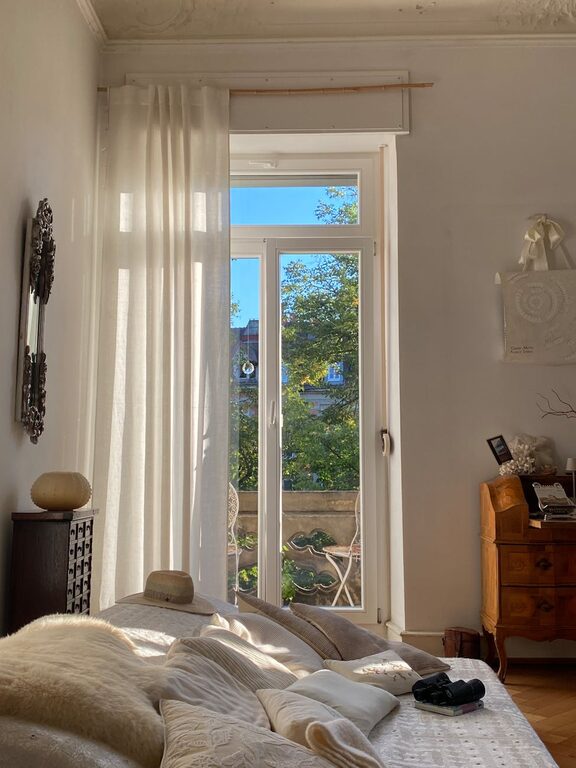Getting a good night’s sleep is essential for feeling refreshed and energized throughout the day. One of the best ways to improve your sleep quality is by establishing a relaxing bedtime routine. A consistent, calming routine signals your body that it’s time to wind down, helping you fall asleep faster and sleep more deeply. In this post, we’ll explore practical tips for creating a bedtime routine that suits your lifestyle and promotes better rest.
Why a Bedtime Routine Matters
Our bodies thrive on consistency. When you follow the same steps before bed each night, your brain learns to associate those activities with sleep. This natural cue can reduce stress and chatter in your mind, making it easier to relax. Additionally, routines help limit exposure to stimulating activities that interfere with falling asleep.
Steps to Build a Relaxing Bedtime Routine
1. Set a Consistent Bedtime
Try to go to bed and wake up at the same time every day, even on weekends. This helps regulate your body’s internal clock and improves sleep quality.
2. Create a Calm Environment
Your bedroom should feel peaceful and inviting. Consider these tips:
– Keep the room cool and well-ventilated.
– Use blackout curtains or an eye mask to block light.
– Reduce noise with earplugs or calming sounds, like white noise or gentle music.
– Invest in a comfortable mattress and pillows.
3. Limit Screen Time Before Bed
The blue light from phones, tablets, and computers can disrupt your body’s production of melatonin, the hormone that helps you sleep. Aim to stop using screens at least 30 to 60 minutes before bedtime. Instead, choose relaxing activities.
4. Engage in Relaxing Activities
Choose soothing activities that help calm your mind and body, such as:
– Reading a physical book or magazine.
– Listening to soft music or an audiobook.
– Practicing gentle yoga or stretching.
– Writing in a journal to reflect or express gratitude.
– Taking a warm bath or shower.
5. Mind Your Eating and Drinking
Avoid heavy meals, caffeine, and alcohol close to bedtime. These can disrupt your sleep cycle or cause discomfort during the night. Instead, if you’re hungry, opt for light snacks like a small banana or a handful of nuts.
6. Practice Mindfulness or Meditation
Incorporate short meditation or deep-breathing exercises to quiet your mind and reduce stress. Even five to ten minutes can make a difference in how relaxed you feel before sleep.
7. Prepare for Tomorrow
Spend a few minutes organizing things for the next day. Laying out clothes or making a to-do list can ease worry and help you feel more prepared.
Sample Bedtime Routine to Try
– 8:30 pm: Turn off electronic devices.
– 8:40 pm: Take a warm shower or bath.
– 9:00 pm: Read a book or listen to calming music.
– 9:20 pm: Practice deep breathing or meditation.
– 9:30 pm: Write in a gratitude journal.
– 9:40 pm: Lights off and get into bed.
Adjust this sample to fit your schedule and preferences, but keep the timing consistent.
Tips for Sticking to Your Routine
– Start gradually: Introduce one or two new steps at a time.
– Be flexible: If something doesn’t work, modify it without stress.
– Keep track: Use a sleep diary or app to monitor your progress.
– Make it enjoyable: Choose activities you look forward to.
When to Seek Help
If you’ve established a calming bedtime routine but still struggle with falling asleep or staying asleep, consider talking to a healthcare professional. Sleep difficulties can sometimes indicate underlying conditions that need attention.
Final Thoughts
Creating a relaxing bedtime routine can greatly improve your sleep quality and overall well-being. By dedicating time to wind down each night, you help your mind and body prepare for rest. Remember, consistency is key, and small changes can have a big impact. Start building your bedtime routine today and enjoy more peaceful nights ahead.

